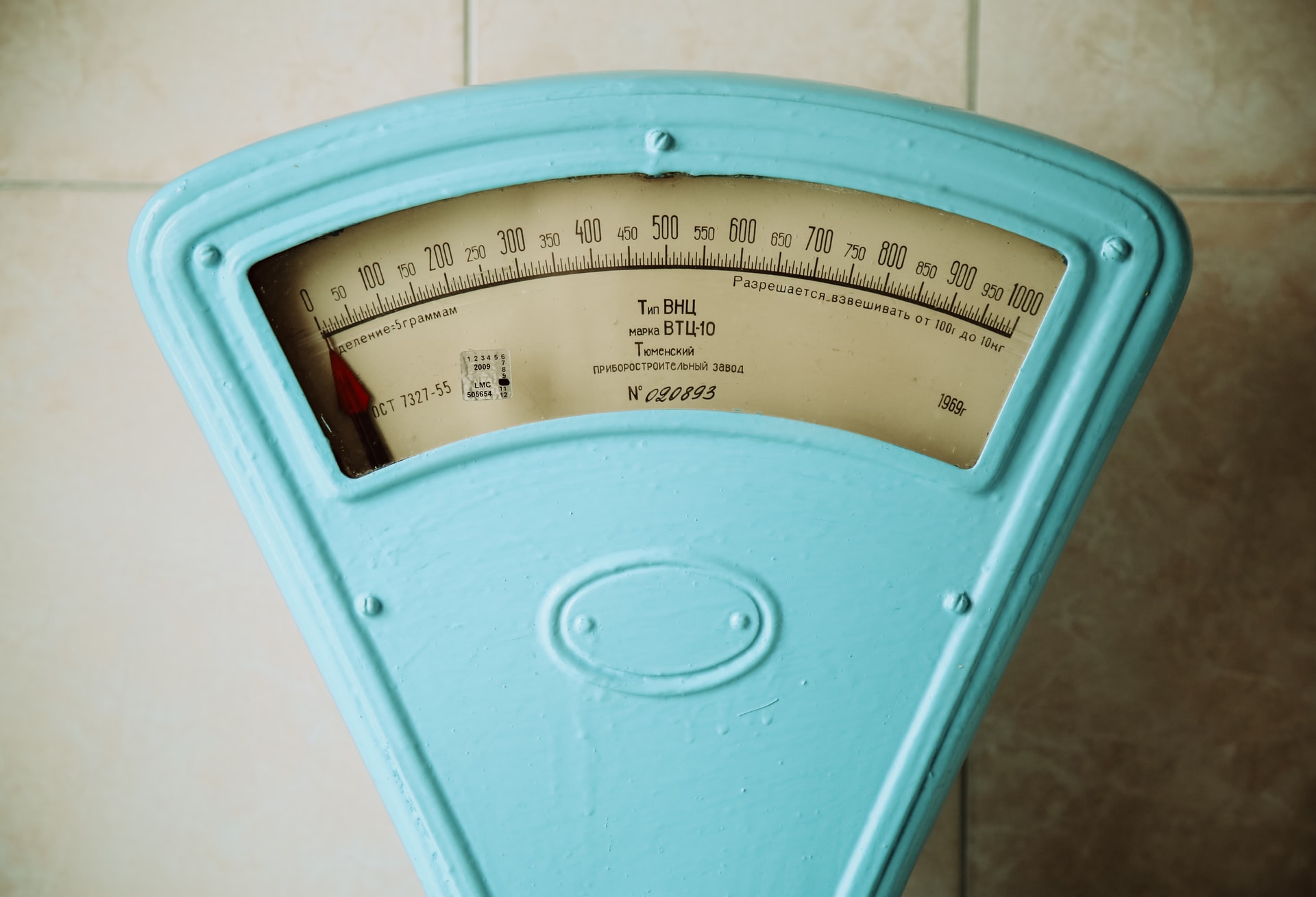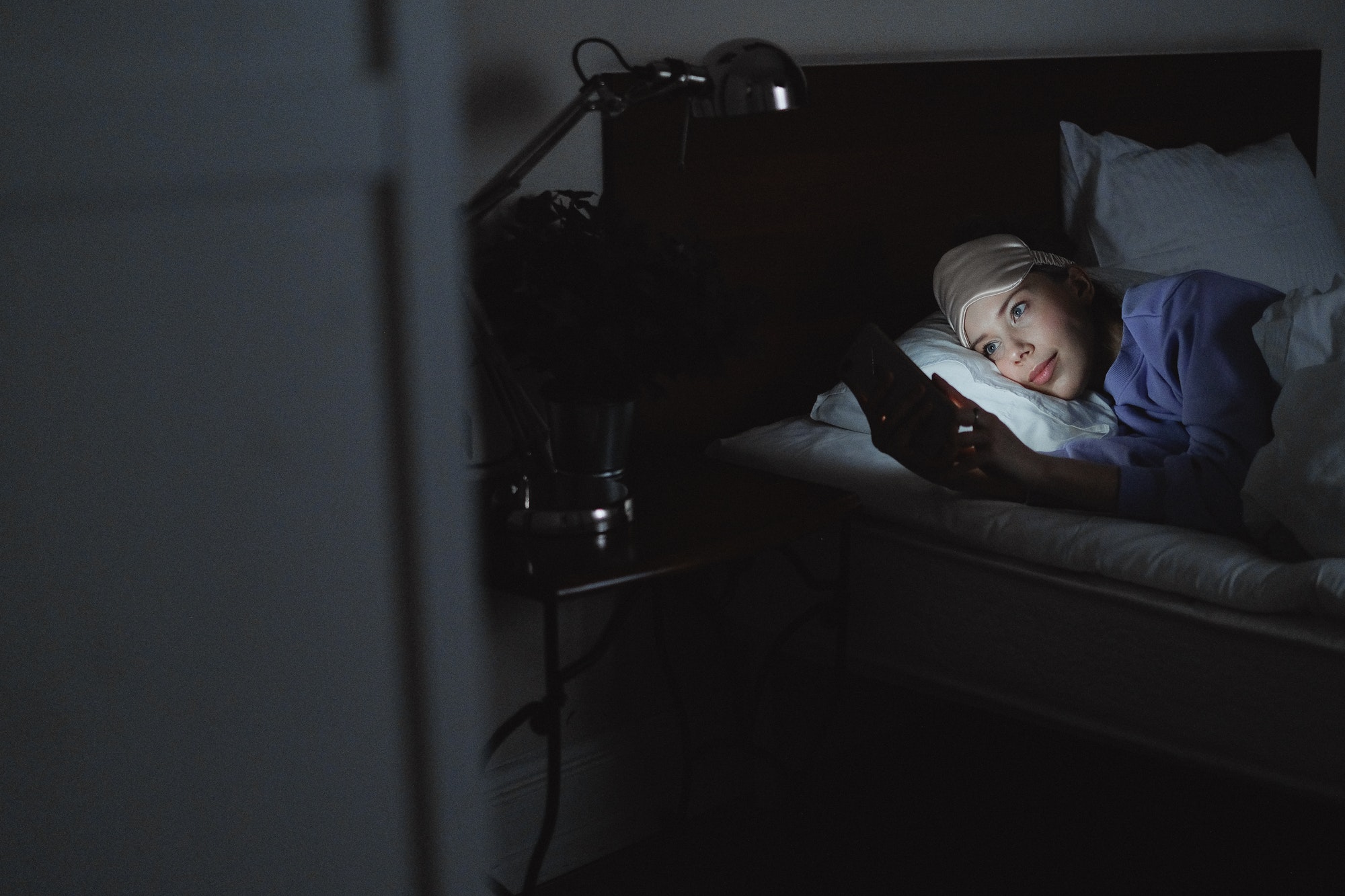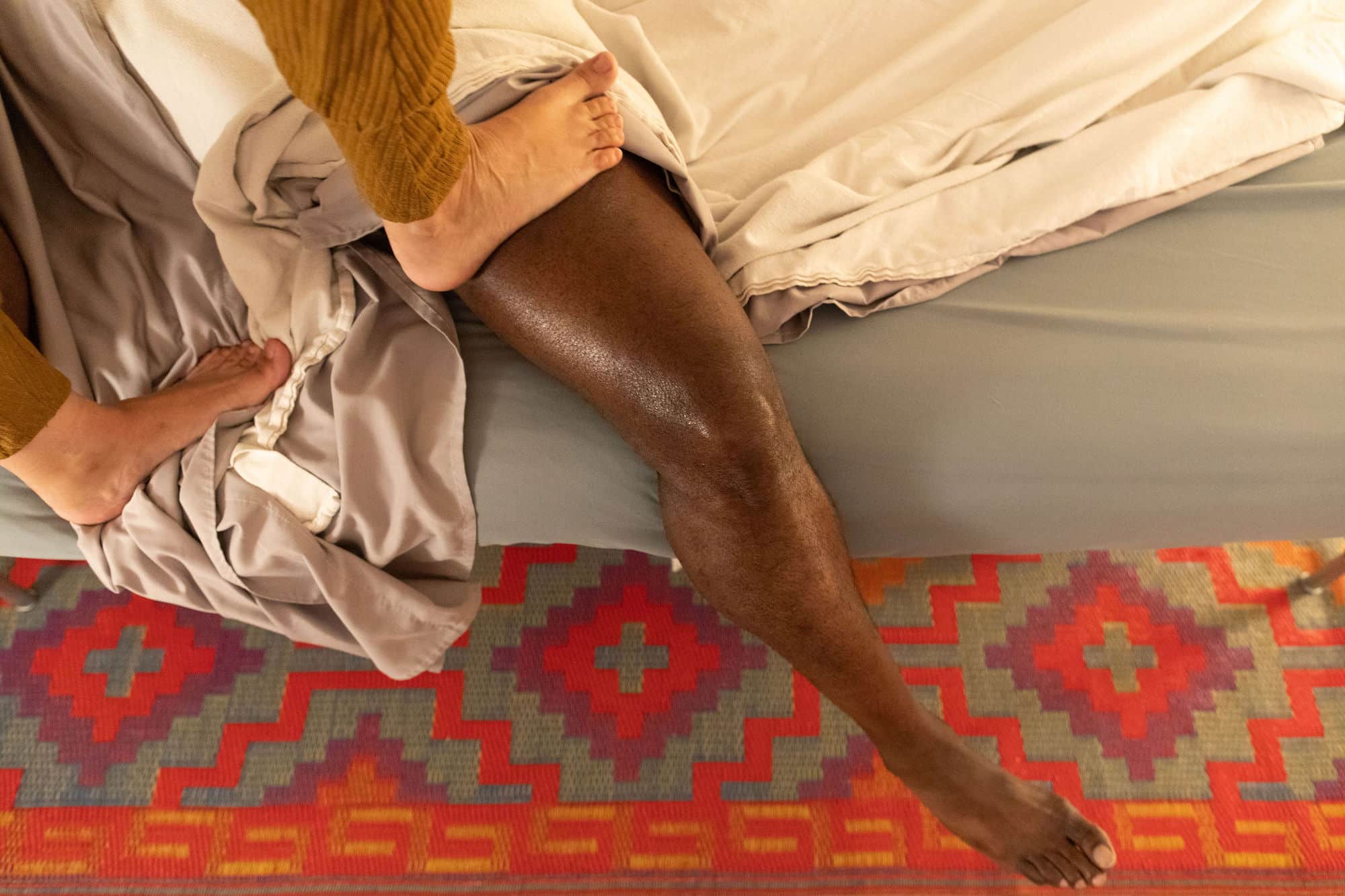March is Sleep Awareness Month, so now is a great time to remind ourselves why sleep is so important — and explore how sleep affects your health.
While yawning and feeling tired all the time can be a bummer, a lack of sleep can actually have a big impact on your health. Experts say you should aim to get between seven and eight hours of shut-eye each night, but what happens to your body if you don’t hit this mark on a regular basis? Below, we detail what you can do about it!
Lack of Sleep Affects Your Brain Health
If you’ve ever had a few late nights in a row, you know what happens. You start to feel sluggish and may have trouble remembering things. Tasks that are normally a cinch seem difficult.
That’s because sleep is the time when your brain prepares for the next day by committing short-term memory to long-term memory. Sleep also helps our problem-solving skills by forging pathways in the brain that can help us make new connections.
If we skip rest, we miss these benefits. On top of that, we experience a range of other symptoms, including:
- Difficulty making decisions
- Trouble controlling our emotions
- Lowered impulse control
- Inability to control pain responders.
Lack of Sleep Can Affect Your Heart
Not getting enough sleep can lead to heart health problems like high blood pressure or heart attacks. That’s because lack of sleep can cause your body to release cortisol, a stress hormone that triggers your heart to work harder. In order to function powerfully and properly, your heart needs rest.
Restful Sleep Can Improve Your Immunity
When your body gets the sleep it needs, your immune cells and proteins get the rest they need to fight off viruses that come along. According to the sleep specialists at the American Academy of Sleep Medicine, proper sleep can also make vaccines more effective.
 Restful Sleep Can Prevent Weight Gain
Restful Sleep Can Prevent Weight Gain
Getting eight full hours of sleep isn’t going to result in losing the pounds by itself, but it can help your body from packing on the pounds.
If you don’t get enough sleep, your body produces ghrelin, a hormone that boosts appetite. Your body also decreases the production of leptin, a hormone that tells you you’re full. Put them both together and that’s one dangerous combo for extra snacking and carbo loading.
Plus, when you don’t sleep enough, you get more stressed and don’t have the energy to fight off junk food cravings.
Restful Sleep Can Promote Productivity
You may think you’re getting more accomplished by burning the midnight oil, but putting off a good night’s rest could be having an adverse effect. In fact, sleep has been linked to improved concentration and higher cognitive function, both of which can help you be successful at work.
Restful Sleep Can Improve Memory
Even though sleep gives your body the rest it needs, your mind is still hard at work. It’s actually processing and consolidating your memories from the day. If you don’t get enough sleep, those memories can become fuzzy or lost altogether. Even though some may not care about their memory as a whole, they MAY care about remembering important work tasks and to-dos.
 Restful Sleep Can Improve Tissue Repair
Restful Sleep Can Improve Tissue Repair
According to the Cleveland Clinic, while you sleep, your body is hard at work repairing itself by releasing proteins and hormones that help restore damaged tissues, including muscles. If you’re sleep-deprived, your body heals more slowly. This tissue repair process is incredibly important for helping athletes build muscle and recover from a workout.
Restful Sleep Can Improve Mental Health
Given that a single sleepless night can make you irritable and moody the following day, it’s not surprising that chronic sleep issues may lead to long-term disorders like clinical depression and anxiety in adults. When people with anxiety or depression were surveyed to calculate their sleeping habits, it turned out that most of them slept for less than 6 hours a night.
Lack of Sleep Can Be Dangerous for Driving
According to a study from the AAA Foundation for Traffic Safety, you’re twice as likely to get in a car accident when you’re cruising on six to seven hours of sleep compared to if you get a full eight hours. Sleep less than five hours and your chances of a crash quadruple because your reaction time slows down when your brain isn’t fully rested, causing a chain reaction that can be deadly.
How to Get More Sleep
You want to sleep well and get the amount of sleep you need, but how do you get started on the right path? Now that you know more about how sleep affects your health, below are some tips for getting more restful sleep on a regular basis.
1. Set aside time to sleep in the right environment.
As a human being, scheduling 7-8 hours for sleep is necessary. Don’t back yourself into a corner where you can only accomplish 4-5 hours. Open up your evenings or your mornings for uninterrupted sleep and let others know not to bother you during this time. Make sure you have a cool, quiet, dark environment to sleep in. And if you exercise in the evening, finish two or three hours before you go to bed.
2. Treat those existing medical problems.
If you’re having trouble falling or staying asleep, talk to your doctor. Many believe they can make it without medical intervention, but there may be an underlying cause. Common causes of poor-quality sleep include chronic pain, sleep apnea and thyroid disorder.
3. Reduce stressors.
You always hear people joking about the things that keep them up at night — work, family, health, finances — and for many that’s true. Try your best to unwind before bed and shut your brain off. Worrying about things at night doesn’t accomplish anything and is really counterproductive in the long run.
To help reduce daily stress, we recommend trying breathing exercises, stepping away from your devices, keeping toxic relationships at bay, taking a walk, and getting a massage.
4. Put away the devices.
Exposure to light during the day is beneficial, but nighttime light exposure has the opposite effect. This is due to its effect on your circadian rhythm, tricking your brain into thinking it’s still daytime. This reduces hormones like melatonin, which help you relax and get deep sleep.
Blue light — which electronic devices like smartphones and computers emit in large amounts — is the worst in this regard. Not to mention, when you’re on your phone or computer, you’re tempted to see outstanding work. Do yourself a favor and put those devices away.
5. Stay away from caffeine late in the day.
Caffeine does have benefits, but when consumed late in the day, caffeine stimulates your nervous system and may stop your body from naturally relaxing at night. In one study, consuming caffeine up to 6 hours before bed significantly worsened sleep quality.
Therefore, drinking large amounts of coffee after 3–4 p.m., is not recommended, especially if you’re sensitive to caffeine or have trouble sleeping.
. . .
Thank you for reading this post on how sleep affects your health. The bottom line? Sleep is incredibly good for you and the lack thereof can cause major issues for your health. If you follow (and avoid) some of what we listed above, you will be well on your way to improved zzz’s and a better day to follow.
And as always, if you are in need of ways to relax, we recommend booking treatment with your favorite Colorado Springs massage therapists today!
 Restful Sleep Can Improve Tissue Repair
Restful Sleep Can Improve Tissue Repair


